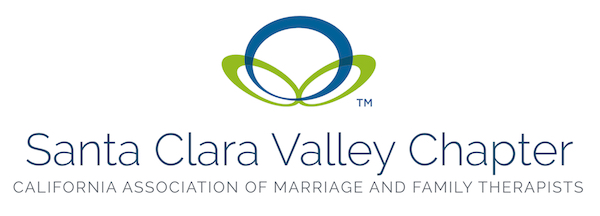Marriage and Family Therapy (MFT) is a form of psychotherapy that addresses the behaviors of all family members and the way these behaviors affect not only individual family members, but also relationships between family members and the family unit as a whole. As such, treatment is usually divided between time spent on individual therapy and time spent on couple therapy, family therapy, or both, if necessary. MFT may also be referred to as couple and family therapy, couple counseling, marriage counseling, or family counseling.
When It's Used
The range of physical and psychological problems treated by MFT include marital and couple conflict, parent and child conflict, alcohol and drug abuse, sexual dysfunction, grief, distress, eating disorders and weight issues, children’s behavior problems, and issues with eldercare, such as coping with a parent’s or grandparent’s dementia. MFT practitioners also work with mental-health issues such as a family member’s depression, anxiety, or schizophrenia, and the impact these issues have on the rest of the family.
What to Expect
MFT is normally short-term therapy consisting of an average of 12 solution-focused sessions. More sessions may be required, however, depending on the nature and severity of the problem(s). In couple or marriage counseling, the therapist will begin by meeting with both partners and then spend some time with each individual. In family therapy, the therapist will also begin by meeting with the entire family and then, if appropriate, meet separately with individual family members. The first session is generally for information gathering, so the therapist can learn about the problem that brought you to therapy, get the thoughts of everyone involved, and observe couple/family dynamics. At the same time, you should be able to get a clear sense of the therapist’s role and competency, the goals of treatment, and any “rules” to be observed in and out of sessions, such as who should attend which sessions and confidentiality of any information shared between and among partners or family members and the therapist. Over time, you will identify individual family roles and behaviors that contribute to conflicts, identify specific challenges, and explore ways to actively resolve issues.
How It Works
While traditional therapy focuses more on the individual, MFT examines how an individual’s behavior affects both the individual and their relationship as part of a couple or family. The theory behind MFT is that regardless of whether a problem appears to be within an individual or within a family, getting other family members involved in the therapeutic process will result in more effective solutions. MFT is goal-oriented and works toward an established end result. In recent years, MFT practitioners and groups have called for expanded approaches to traditional MFT training that incorporate more “real world” practices to integrate other therapies and become more inclusive of non-heterosexual couples and families.
What to Look for in a Marriage and Family Therapist
A licensed marriage and family therapist is a mental health practitioner with a master’s degree or doctoral degree as well as specialized training that includes at least two years or 3,000 clinical hours of experience supervised by a marriage and family therapist. Upon completion of supervised hours, a therapist must also pass a state licensing exam or the Association of Marital and Family Therapy Regulatory Board’s national MFT exam, which is used in most states. In addition to finding a qualified licensed MFT practitioner, it is important to work with someone you and family members trust and feel comfortable working with in a counseling environment.
References
American Association for Marriage and Family Therapy
Association of Marital and Family Therapy Regulatory Boards
Karam EA, Blow AJ, Sprenkle DH, Davis SD. Strengthening the systemic ties that bind: Integrating common factors into marriage and family therapy curricula. Journal of Marital and Family Therapy. April 2015;41(2):136-149.
Hudak J and Giammattei SV. Doing family: Decentering heteronormativity in “marriage” and “family” therapy. Critical Topics in Family Therapy. 20 March 2014.
Mayo Clinic: Family Therapy. Updated November 8, 2014; accessed December 19, 2016.
